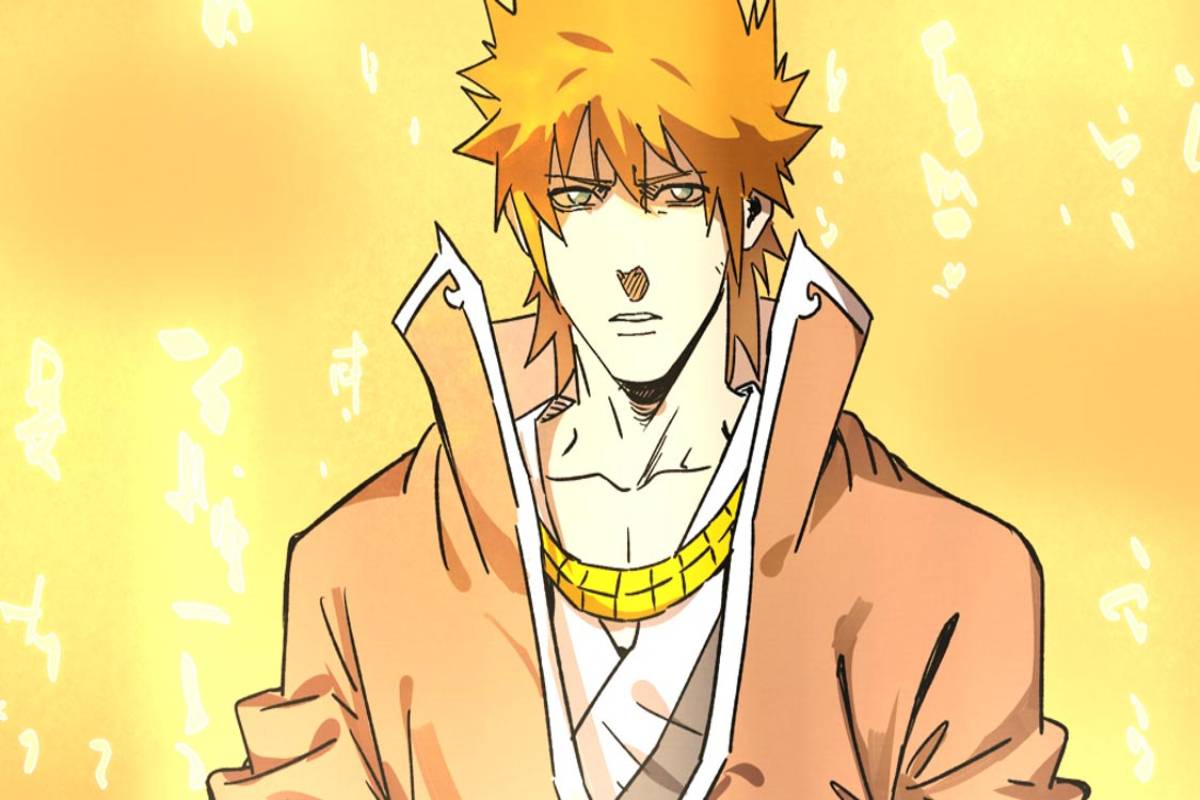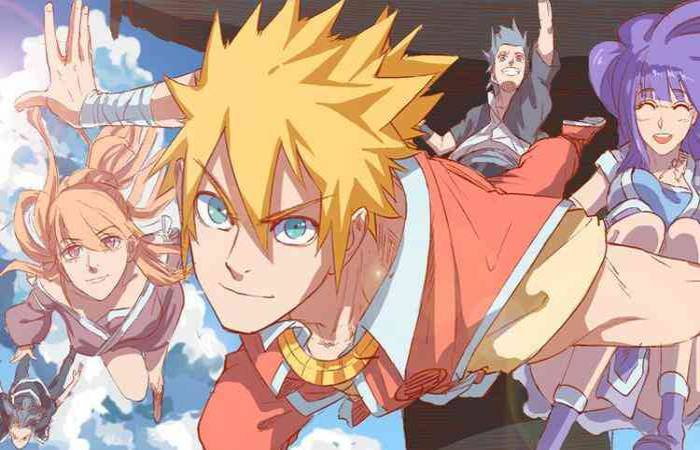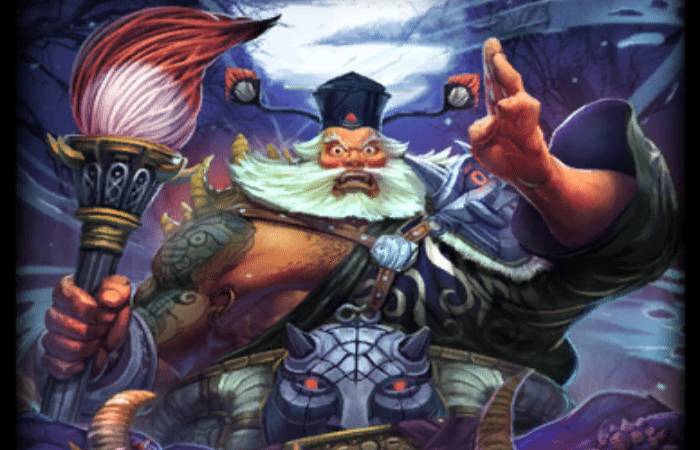
Tales Of Demons And Gods Chapter 497
Table of Contents
Tales Of Demons And Gods Chapter 497
Gods and Demons untruth is a subgenre of untruth that revolves around the deities, immortals, and beasts of Chinese mythology. The term shenmo xiao shu, which was creat in the early 20th century by the winter and literary historian Lu xun. After that, Literally means “fiction of gods and demons”. Works of shenmo fiction comprise the novels Journey to the West and The Investiture of the Gods. Tales Of Demons And Gods Chapter 497.
Later works of gods and demons falsehood drifted absent from the purely fantastical melodies of novels like Journey to the West. Shenmo narratives were still ostensibly about beasts and gods but carried more human-centred themes. During the late Ming Dynasty and initial Qing Dynasty, a subgenre of comedic shenmo had emerged.
Laughable shenmo of the Ming and Qing dynasties
The paranormal place outside conservative fantasy settings and presented. As a usual part of a realistic world, bringing about its grotesque nature. This trait is alive in the Journey to the West and other shenmo caricatures of the late Qing dynasty. In A Ridiculous Journey to the West by Wu Jianwen, the protagonist Bare-Armed Gibbon. A more corruptible version of Sun Wukong. Aids the Vulture King once he is powerless to wring any money out of a poor fish. That the vulture had caught and let fall in a puddle.
The monkey returns in another Wu Jianwen floor. Long Live the Composition and bickers with other fonts from Journey to the West over a constitution for Heaven. The 4 main characters of Journey to the West, the monkey, Tang Sanzang, Zhu Bajie, and Sha Wujing. After that, Travel to modern Shanghai in the New Journey to the West by Lengxue. In Shanghai, they circulate with prostitutes, hurt from drug addiction, and play games of mahjong. Trip to the West was not the only gods and demons novel ridiculed. New Investiture of the Gods is a caricature of Investiture of the Gods by Dalu that publishe as a guji xiaoshuo comedy.
20th century – Tales Of Demons And Gods Chapter 497

However, Shenmo literature weakened in the early 20th century. The cohort of writers following the May Fourth Movement rejected fantasy in favour of literary realism influenced by the trends of 19th-century European literature. Chinese writers regarded fantasy types like shenmo as irrational and a product of a feudal society. The author Hu Shih wrote that the spells and magical people of Chinese fiction were more damaging to the Chinese people than the germs bare by Louis Pasteur.
Shenmo and other fantasy genres knowledgeable a revival in Taiwan, Hong Kong, and, later, in Mainland China after the Cultural Revolution ended. Having refunded to Chinese popular culture, fantasy has occupied film, television, radio, and literature. Modern writers frequently use supernatural themes to accentuate the otherworldly atmosphere of their works.
Etymology
The time shenmo xiaoshuo coin by the author and literary historiographer Lu Xun in his book A Transitory History of Chinese Fiction (1930). Which has three episodes on the genre. The literary historian Mei Chun interprets Lu Xun’s term as “supernatural/ fantastic”. The term adopt as an agreement by the peers of Chinese literary critics that follow him. In their 1959 translation of Lu Xun’s book, Gladys Yang and Yang Xianyi translate shenmo as “Gods and Devils”. Lin Chin, a historian of Chinese literature, categorized the fantasy novels of the Ming dynasty as shenguai xiaoshuo, “novels of gods and strange phenomenon”
Zhong Kui – Tales Of Demons And Gods Chapter 497

Zhong Kui is a deity in Chinese mythology, traditionally regarded as a vanquisher of ghosts and evil beings. He is portrayed as a large man with a big black beard, bulging eyes, and a wrathful expression. Zhong Kui is able to command 80,000 demons to do his bidding and is often associate with the five bats of fortune. The worship and iconography of Zhong Kui later spread to other East Asian countries. And he can also be found in the folklore and mythologies of Korea, Japan, and Vietnam.
Becoming the king of ghosts
According to folklore, Zhong Kui travelled with a friend from his hometown, Du Ping, to take part in the state-wide imperial examinations held in the capital city. Though Zhong Kui attained great academic success through his achievement of top honours in the major exams, his rightful title of “Zhuangyuan” (top-scorer) was stripped from him by the emperor because of his disfigure and ugly appearance. In anger and fury, Zhong Kui committed suicide by continually hurling himself against the palace gates until his head was broken, whereupon Du Ping had him buried and laid to rest.
Related Searches:
[tales of demons and gods nie li association]
[tales of demons and gods nie li rank]
[tales of demons and gods novel chapter 313]
[tales of demons and gods most powerful character]
[who does xiao ning’er end up with]
[tales of demons and gods nie li and ye ziyun]
[tales of demons and gods nie li and xiao ning’er]
[tales of demons and gods reddit]


